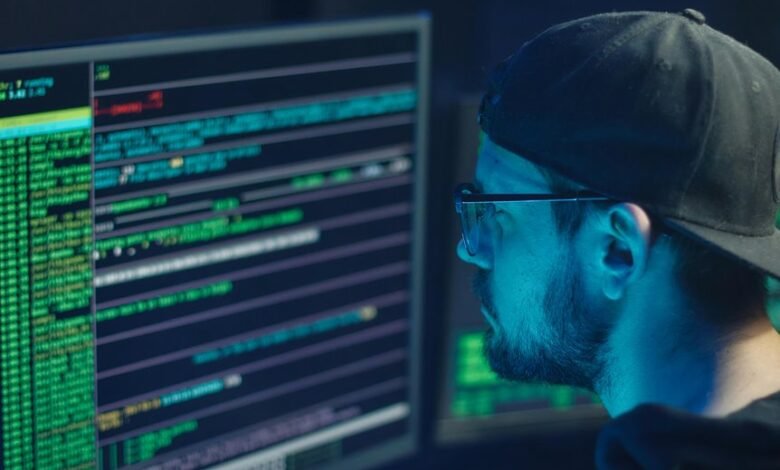Network Risk and Privacy Hotel: 7167454490, 8083194040, 2722304065, 6156758136, 4694479430, 6072536374

In 2022, over 70% of hotels reported experiencing a data breach, highlighting the critical network risks in the hospitality sector. With identifiers like 7167454490 and 8083194040 revealing sensitive guest information, the stakes are high. You need to understand how these vulnerabilities can impact both guest privacy and hotel reputation. What measures can you implement to protect against these threats and ensure your guests’ trust remains intact?
Understanding Network Risks in the Hospitality Sector
As the hospitality sector increasingly relies on digital technology, it’s crucial to recognize that network risks can significantly impact your operations and customer trust.
Network vulnerabilities expose sensitive data, jeopardizing guest privacy. When you fail to address these risks, you not only compromise your reputation but also deter potential guests who value security.
Understanding these threats is essential for maintaining operational integrity and customer confidence.
The Importance of Cybersecurity Measures for Hotels
While the hospitality industry embraces digital advancements, implementing robust cybersecurity measures isn’t just advisable; it’s imperative.
You must prioritize cybersecurity training for your staff and foster guest awareness regarding potential threats. By doing so, you empower both employees and guests to recognize vulnerabilities, ultimately enhancing your hotel’s defenses.
Protecting sensitive information isn’t just a necessity; it’s a commitment to safety and trust.
Real-World Examples of Data Breaches in Hospitality
Data breaches in the hospitality sector reveal the critical vulnerabilities that can compromise both guest information and brand integrity.
For instance, the Marriott breach exposed millions of records, highlighting severe lapses in data security.
The breach aftermath involved significant reputational damage and costly legal repercussions.
These incidents illustrate the ongoing threat of data theft, urging hotels to prioritize robust cybersecurity measures to protect sensitive information.
Best Practices for Safeguarding Guest Information
The hospitality industry must adopt proactive strategies to safeguard guest information, especially in light of significant breaches like those experienced by Marriott.
Implementing robust encryption techniques, conducting regular audits, and ensuring staff training enhances guest data protection.
Additionally, align with privacy compliance regulations, such as GDPR, to mitigate risks.
Prioritizing these practices not only secures information but also builds trust with your guests.
Conclusion
In today’s digital landscape, ignoring network risks in the hospitality sector is like leaving the front door wide open during a storm. You can’t afford to let guest data slip through the cracks; it’s not just a breach—it’s a catastrophic event that can sink your reputation faster than a ship in a tempest. By implementing robust cybersecurity measures, you’ll not only protect sensitive information but also fortify trust, ensuring your hotel remains a safe haven for every guest.




